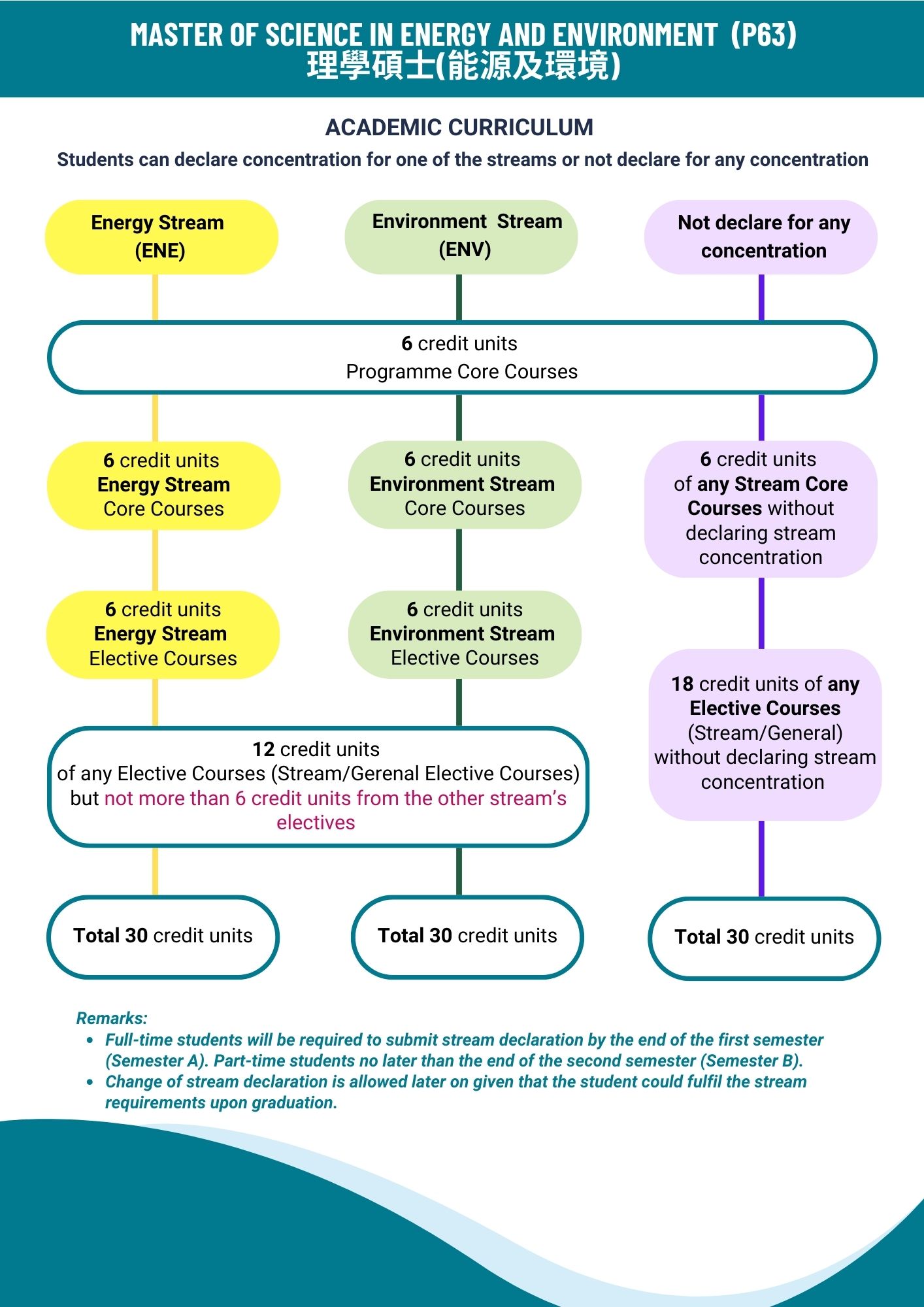Accreditation of MSc Energy and Environment by Institution of Gas Engineers & Managers (IGEM) & Chartered Institution of Water and Environmental Management (CIWEM)
MSc Energy and Environment is accredited by the Institution of Gas Engineers and Managers (IGEM) and Chartered Institution of Water and Environmental Management (CIWEM).
IGEM is a chartered professional body, licensed by the UK Engineering Council, serving a wide range of professionals in the UK and the international gas industry through Membership, events and a comprehensive set of Technical Standards. Details of IGEM can be found at http://www.igem.org.uk.
CIWEM is the only Royal Chartered professional body based in UK dedicated to the water and environment sector, representing and supporting a community of thousands of members globally, devoted to improving water and environmental management and associated social and cultural issues. Details of CIWEM can be found at http://www.ciwem.org.
Graduates of MSc Energy and Environment who have successfully completed the programme, can partially fulfill the academic requirements* and will only need an equivalent professional experience to apply for Chartered Engineer (CEng) or Chartered Environmentalist (CEnv) under the Engineering Council and Society for the Environment (SocEnv) in UK.
* with an accredited BEng / BSc Degree from any of Washington Accord’s 19 Signatories.

